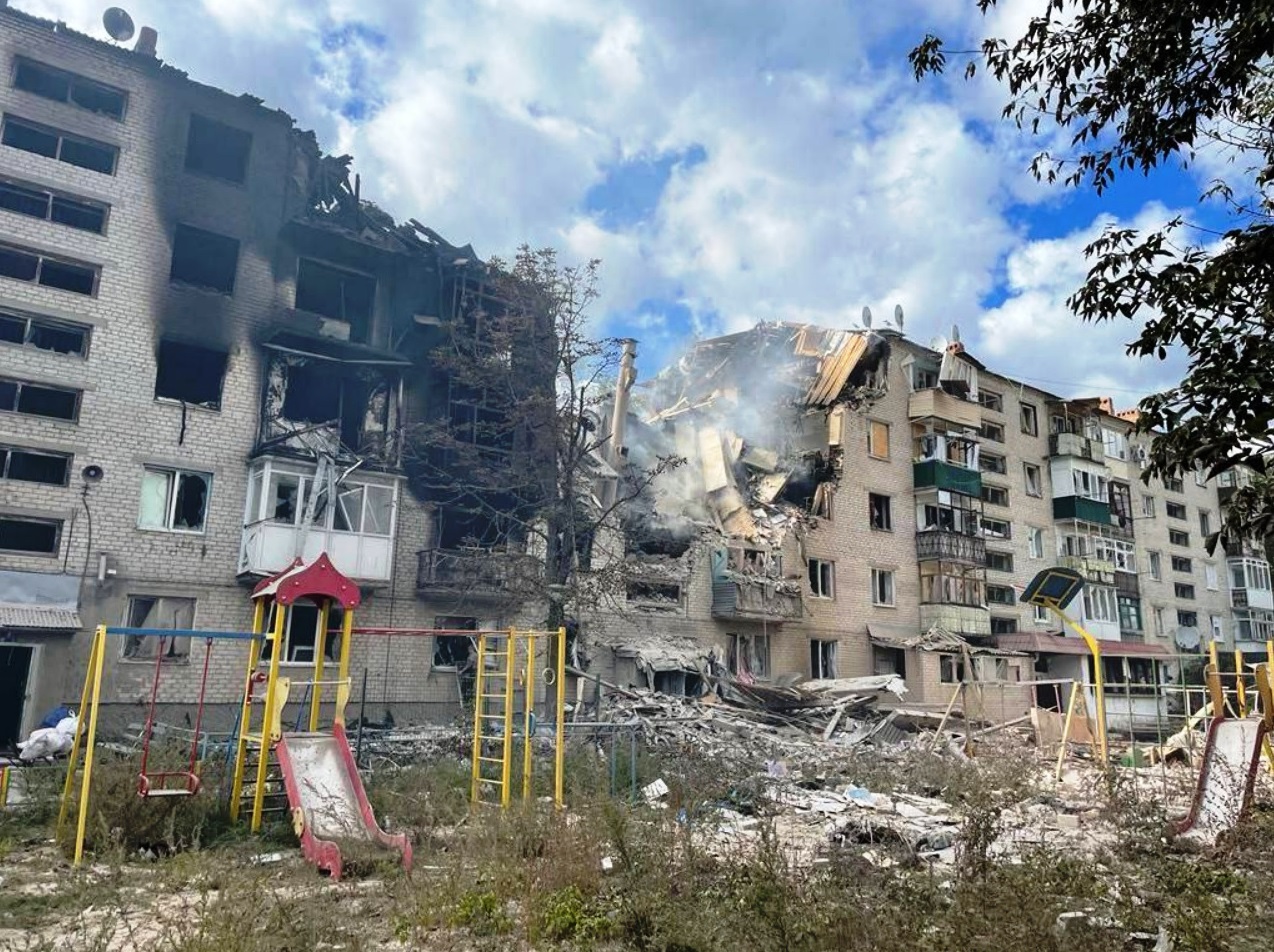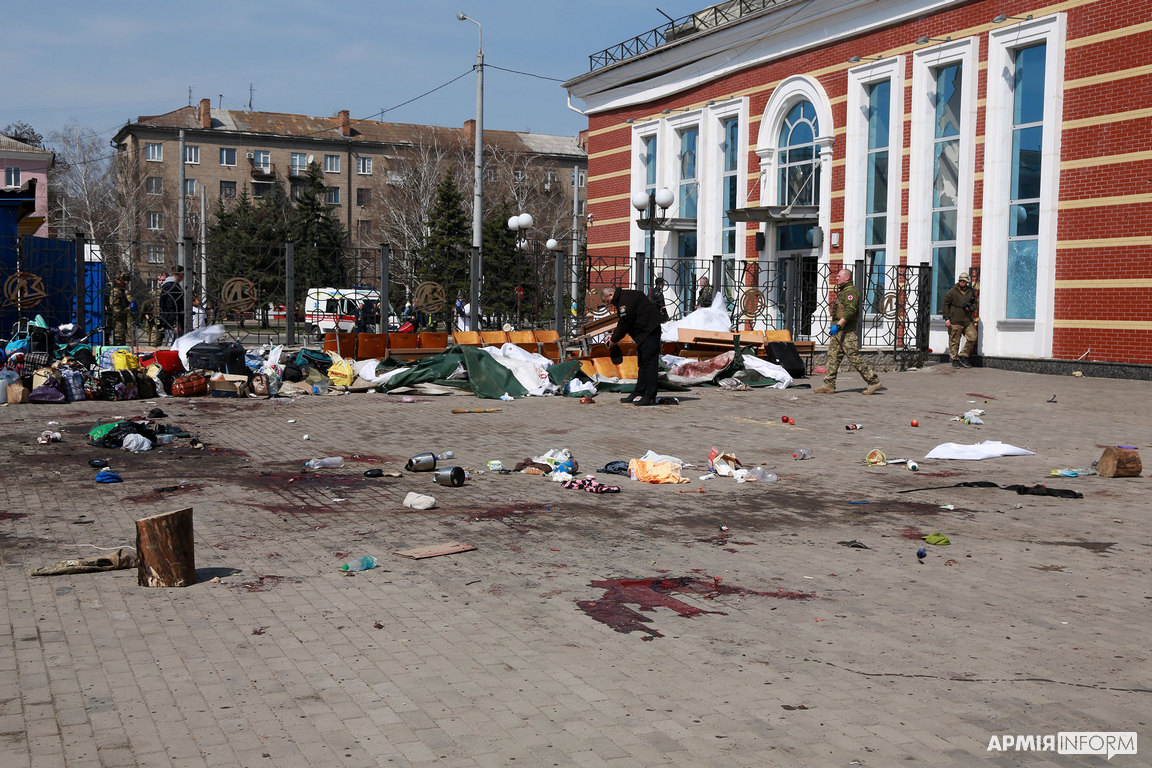Hennadiy Bohdanov
For NP-UN, Yampil, Vinnytsia Oblast
Preface.
We have a family tradition, or rather a handed-down ritual, that we always get information about the world from more than one source. My father, Andriy Bohdanov (1917-1982) would turn on the old “Serenada” radio receiver when he got up for work at dawn, and tune it to “Radio Canada.” One of the neighbours reported him for listening to the western radio station. Late at night, in his own garden, a KGB agent politely advised him to stop listening to enemy radio.
Later, when we had the “Mriya” transistor receiver, I also began to listen to “Voice of America”, the “BBC” and the same “Radio Canada.” It was the time of Brezhnev’s madness and there was no longer any great fear. It was necessary to listen to those not to go crazy on the background the Communist Party’s resolutions and congresses. And because to get a more accurate picture of real life, you need alternative sources of information.
The “NV” and “Euronews” channels have been such sources in our family, who lived in Kramatorsk, since 2017. Putting the informational puzzles of the world together, we could see that there was something terrible approaching at the end of 2021 and the beginning of 2022. This was made obvious by the satellite images of the large formations of Russian forces in the border regions and in the annexed Crimea. To be honest, it was scary – but I still couldn’t believe that such a war could happen in the 21st century. But on 22 February 2022, Putin issued a decree that the Russian Federation recognized the self-proclaimed DNR and LNR in the administrative borders of the Donetsk and Luhansk oblasts, and then 24 February 2022 came.
How the war began
On 24 February 2022, I woke up as usual, at 4am, to turn on the boiler to heat the house. At 4:28am, I went out to the yard and at that moment there was a loud explosion in the air, and then there were explosions at the military airfield, which is located 10 kilometers away. I felt a punch into my chest, it must have been the explosive wave of the first explosion in the air. It felt like life was over, that something so vile happened that it was beyond any explanation.
I went home, informed my wife about the explosion, told her that she shouldn’t go to work in nearby Druzhkivka, for safety reasons. I turned to the internet and heard from Euronews about the large-scale invasion of the Russian army into Ukraine and I realized that a war had begun.
Terrible days and nights dragged on, when a siren could wail at any minute, and you had to run to hide in the basement. My grandson, who just turned 7, runs with his mother to the basement and yells: “I’m still young, I don’t want to die.”
At first, we ran with every siren, sat, shivering in the cold. And the sirens came frequently and lasted for a long time – this was how the local authorities protected people’s lives. But then we got used to them, we put a mattress in the corridor between two walls and ran to the basement only when we could hear explosions.
Displacement
This continued until March 13, when we decided at a family council meeting that the psyche of our grandchildren must be preserved, and it was necessary to leave for a safer place in Ukraine. I didn’t want to go far, maybe to Sviatohirsk, where there was a hope that the Orthodox Russian would not dare shell and bomb the Sviatohirsk Holy Dormition Lavra. How wrong I was, and how good it was that my family didn’t listen to me – with the advance of the Russian troops, the Lavra was the first to suffer, the Lavra hotel and a monk building were destroyed by artillery and rocket fire, a wooden skete was burned down. One of the first to die in his cell was my friend, deacon Rev. Halaktion, from a direct hit by a projectile. Svitlana Sharaban, the director of the Sviatohirsk Historical Architectural Museum, died together with her sister during the destruction of the bridge over the Siverskyi Donets River. These were the first casualties among my friends in this war.

Over 90% of all buildings in Sviatohirsk, Donetks oblast, are ruined
We agreed with our neighbours (who didn’t have small children, but did have an elderly mother), that they would look after our houses and feed the dogs and chickens. We left them quite a lot of grain, wheat groats, breadcrumbs and money for this. We would leave for a month, maybe three months, hoping that this nonsense would be resolved, that this couldn’t be happening in the 21st century.
We went to Sataniv, Khmelnytskyi oblast, where we stayed in a sanatorium before. We lived in a private quarters, and despite the fact that the city was small, renting a house turned out to be too expensive. On 8 April 2022, terrible news came from Kramatorsk – 2 rockets feel on people who were waiting to be evacuated at the railway station. 61 people died, including 7 children and 121 more were injured. This was the blackest, most terrible page in the history of Kramatorsk after the Second World War, when the Germans shot civilians on Kreidiana Hora in 1942. Judging by official reports, this crime has been well documented and witness statements have been collected. There’s hope that this case, like thousands of similar cases throughout Ukraine, will be evidence against the Kremlin ghoul at the International Criminal Court.
Finally in Yampil
At the end of April 2022, we moved to Yampil, Vinnytsia oblast, where my daughter-in-law’s relatives were already staying from Dobropillia, Donetsk oblast. The housing was better – alongside my relatives, came a grandmother who was once born and lived in Yampil, and then got married and left for the Donbas. Now she returned to her family and through her, we successfully found decent housing. The people in Yampil turned out to be friendly, kind and tolerant. Local residents suffered from all kinds of historical upheavals for centuries and all this left its mark. For example, during the Second World War (during the Romanian occupation from 1941 to 1944), the local area was part of the Dzhuhastra administrative region. This regime was not as brutal as in the areas occupied by Nazi Germany. But it was distinguished by cruel economic exploitation – everyone from 15 to 70 had to work. All the grain, and in 1944 all the spare parts and equipment were taken to Romania.
We have been IDP’s (internally displaced persons) for more than a year, and the local authorities are doing everything to make our lives better. We receive material and food aid, the state pays us 2,000 hryvnias ($73 CAD) every month. We, alongside everyone else, worry about the country, its future, and whenever possible, we make charitable contributions to help the army.
Like the majority of Ukrainians, we do not want to live in a “Russian world.” We have been living in a democratic state for more than 30 years, and we do not want to return to the imperial-chauvinistic-police past.
Share on Social Media





































